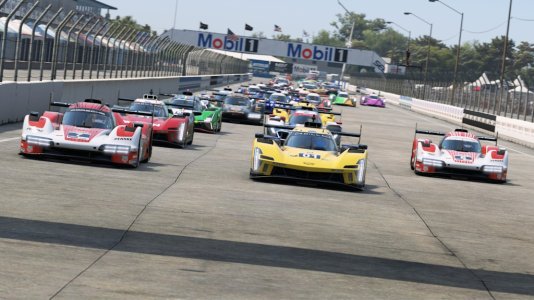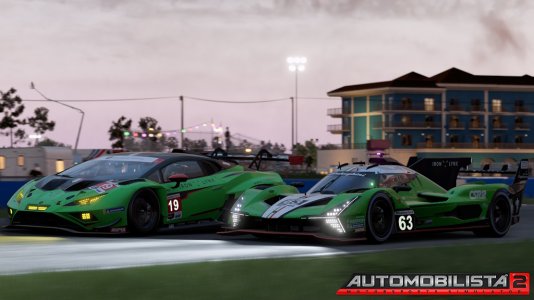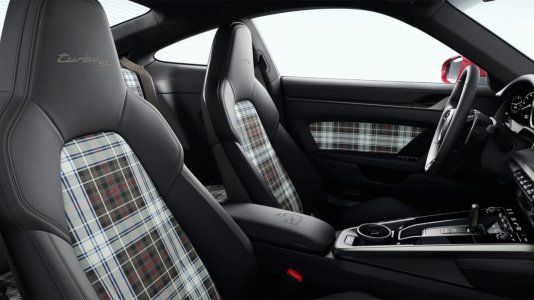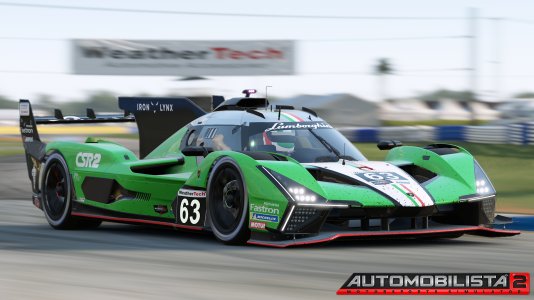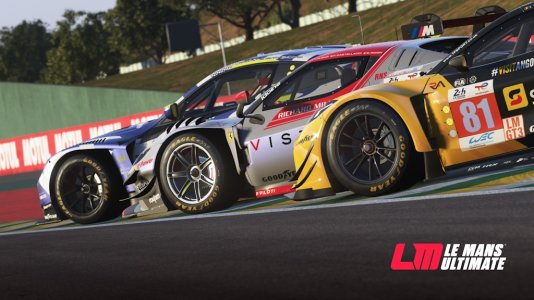After failing to meet their high expectations last weekend in Singapore, Lewis Hamilton and Mercedes proved on Sunday why they have such standards to begin with.
Finishing 18 seconds ahead of teammate Nico Rosberg, Hamilton made his eighth win of 2015 one of the most routine of the season, never coming under pressure after beating the German into the first corner. Where Singapore had been a struggle just to keep pace, his gap to the field on Sunday was such that if it weren’t for the post-race celebrations, you’d be forgiven for forgetting he was even in it in the first place.
With the Mercedes pair followed a further two seconds adrift by Ferrari’s Sebastian Vettel, Suzuka marked the first HAM-ROS-VET podium since early July at Silverstone, perhaps heralding a return to the status quo after the eventfulness of the past few races. The back half of the points was a different story however, with Force India’s Nico Hulkenberg equalling his season-best P6, and a much needed double-points finish for Lotus with Roman Grosjean and Pastor Maldonado after finishing seventh and eighth respectively.
A race that is unlikely to rank among anyone’s favourites at Suzuka, the 2015 Japanese Grand Prix still left us plenty to dissect, so let’s get to it.
His quest for first curtailed in qualifying, Lewis Hamilton proved determined to seize the initiative on Sunday.
Conceding P1 to Nico Rosberg after a huge off from Red Bull’s Daniil Kvyat brought a premature end to Saturday’s proceedings, the German’s advantage barely lasted past his grid box as Hamilton used a superior getaway to take and hold the inside line into turn 1. Displaying his trademark aggression, the Brit proceeded to edge Rosberg out of a narrowing turn 2, and the rest, as they say, is history.
It may have only been a momentary exchange in a race where the Mercedes pair had little to do with each other, but such a moment does much to highlight the stark reality of the current state in Hamilton and Rosberg’s head-to-head battle, with this turn one tussle was just the latest in a growing history of duels that have ended with Hamilton on top. In just seems that in these 50-50 situations, Hamilton possesses both a confidence and patience that Rosberg lacks, as with his teammate’s nose ahead entering the second corner, the Brit’s success was not as much dependent on his own track position as making the German blink first, and that is exactly what he did.
Outside his battle with Rosberg, Hamilton’s victory also went a long way to answer the questions posed by Ferrari’s superiority just seven days prior in Singapore. Down on pace at Marina Bay, Hamilton finished this race nearly 21-seconds clear of Sebastian Vettel, who in a telling swing of the pendulum, finished behind Rosberg despite having supplanted his compatriot for second by the end of lap 1. Undoubtedly second in the F1 pecking order, the Scuderia were given a reality check that they are still a ways off the reaching the highs of last week on a regular basis.
If Fernando Alonso was unable to turn any heads with his car at the home race of engine suppliers Honda, he can rest assured his outburst on team radio was enough for Senpai to take notice.
Delivering what are certainly his most damning public comments to date, Alonso was caught blasting the Honda RA615H Hybrid as a “GP2 engine” as he struggled home to eleventh, all while several of Honda’s biggest names – including President Takahiro Hachigo looked on. After the race, team Boss Ron Dennis seemed even more irritable than his usual self, taking issue with the Spanish star’s lack of “professionalism”:
"I'm not going to condone those sorts of things because it doesn't show the professionalism that I would like our drivers to show… He's in the car, he's frustrated and of course his exposure is to the technical staff, but it was not a particularly constructive way to communicate with everyone at Honda.”
From Alonso’s point of view, it’s easy to understand why the two-time world champion was given to such an outburst. This season marks an entire decade he has spent chasing an elusive third driver’s championship, and as he looks on at the rapid improvement of former-employers Ferrari, he would have to basically be a robot to not have any questions over his decision to leave. However, what is really at the center of the issue is that while Alonso has voiced his commitment to McLaren’s long-term ambition, the Spaniard still remains a racer at heart, which makes his current plight all the more unsatisfying. Fighting to get out of Q1, or spending your race letting Ferraris and Mercedes’ lap you would be nothing less than infuriating, and it follows that that frustration would come out on team radio. As fans it’s always refreshing when a driver refuses to tow the company line, and particularly in McLaren-Honda’s case, does little to hide the truth regardless. And while the starting position may all the way back in “GP2”, with a contract through 2017, the quest to reach the F1 mountain top remains the same. It’s just going to take an awful lot more work to get there.
Yet to find an engine supplier for 2016, it seems the situation around Red Bull is more convoluted than ever.
According to Red Bull boss Christian Horner, the situation has become “critical” as the team has been unable to secure a deal that guarantees engine parity, something Horner remains adamant the four-time constructor’s champions be given.
With Mercedes having already rejected the notion of supplying any engines over concerns Red Bull will match them on track, the team’s only real option for next season would appear to be former-suppliers Ferrari, although the deal remains in limbo as similar concerns have the two sides apart on just whichengine Red Bull would be getting.
So far Ferrari have been unwilling to budge on supplying Red Bull with an engine that receives delayed updates, which can be several races after they are introduced to the factory team. Considering Ferrari’s own deficit to Mercedes, this would be unlikely to prove a significant upgrade over their current supply from Renault, which would hinder any attempts to regain their perch in the constructor’s standings.
It’s a sad sign of just how far the team has fallen that two years removed from its last world championship, Red Bull may be forced to leave the sport. And while Red Bull have done themselves no favours with their relationship with Renault, it’s downright bizarre that arguably the richest team in a cash-strapped sport might be ousted because they are unable to effectively spend their money. At the very least, this mess goes to show the FIA’s current token-based engine homologation system is broken – particularly if customers are going to be supplied with less-developed engines anyway, as simply continuing to allow that itself would save costs among customer teams. Red Bull may not be the most popular team in the paddock, but their loss would have massive ramifications throughout the sport. Whether that can be avoided, remains a very real – and time-sensitive – question.
Will it be smooth-sailing going forward for Lewis Hamilton and Mercedes? How would you feel in Fernando Alonso’s shoes? Is it time to start taking Red Bull’s threats seriously? Let us know your thoughts in the comments.




